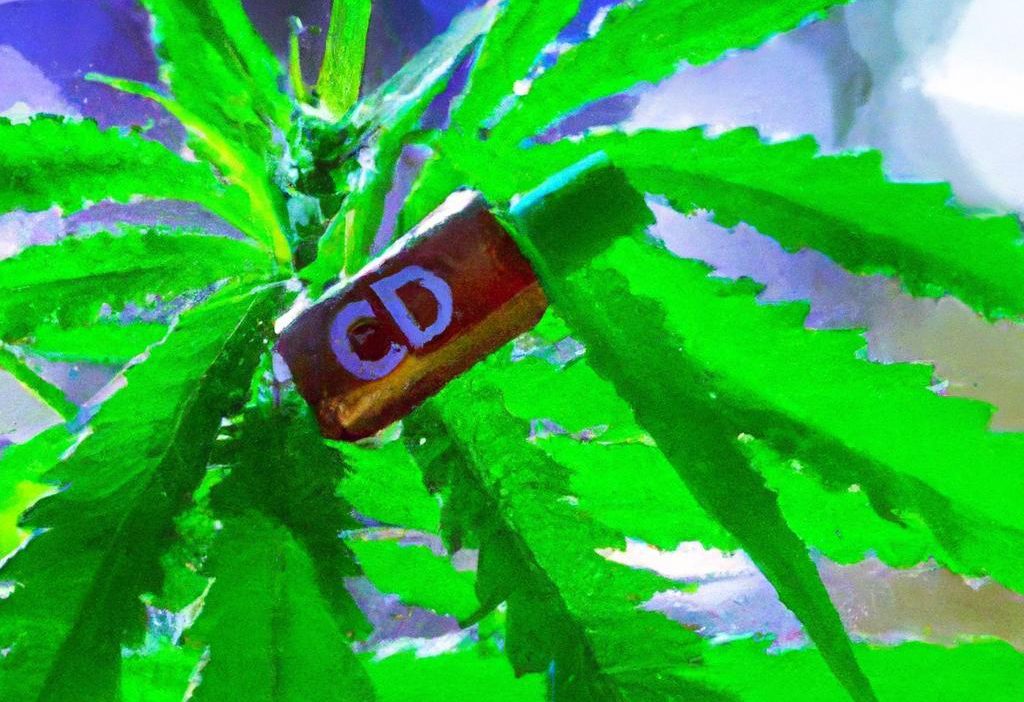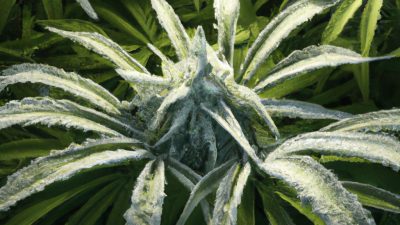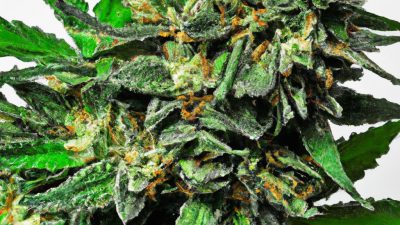
Creating Compliant CBD Oils: What Equipment You Need
The booming cannabis industry has brought CBD oil into the spotlight as a natural health product gaining popularity worldwide. However, producing compliant CBD oils that meet regulatory standards requires more than just quality hemp. It demands the right cannabis technology and processing equipment to ensure purity, safety, and legal compliance.
In this comprehensive guide, we’ll explore the essential equipment needed to create compliant CBD oils. We’ll also discuss how this fits into the broader world of cannabis post-processing and science, helping you take your production from raw plant material to a safe, reliable product.
Understanding Compliance in CBD Oil Production
Compliance is the backbone of any successful CBD oil manufacturing process. Regulatory bodies like the FDA and local state laws outline stringent requirements on THC levels, contamination, and labeling. To achieve and maintain compliance, producers must integrate precise extraction and purification equipment aligned with cannabis science.
Key compliance goals include:
- Ensuring THC content remains below legal limits (generally 0.3%).
- eliminating pesticides, solvents, and heavy metals from the final product.
- Consistently delivering accurate CBD potency.
- Maintaining hygienic conditions to avoid microbial contamination.
Essential Equipment for Creating Compliant CBD Oils
From the cannabis plant to the final oil, several crucial pieces of equipment define a high-quality, compliant CBD oil production line.
1. Hemp Drying and Grinding Machines
Properly dried and ground hemp is vital for efficient extraction. Specialized drying machines preserve cannabinoids by controlling temperature and humidity, while grinders ensure uniform particle size.
2. Extraction Systems
The heart of CBD oil production is extraction. Industry professionals primarily use:
- Supercritical CO2 Extractors: Offer safe, solvent-free extraction with fine control over cannabinoid profiles.
- hydrocarbon Extractors: Use solvents like butane or propane; require complex purging equipment to remove residual solvents.
- Ethanol Extractors: Swift and scalable but require additional purification steps.
Supercritical CO2 extraction is frequently enough preferred for compliance due to its purity and absence of hazardous solvents.
3. Winterization Equipment
Winterization removes unwanted fats, waxes, and lipids that can affect oil clarity and quality. This process uses cold temperatures and filtration, typically employing:
- Freeze chillers or large-scale refrigeration tanks.
- Vacuum filtration systems.
4. Decarboxylation Machines
Decarboxylation activates cannabinoids (converting cbda to CBD) by applying controlled heat. Precise decarboxylation equipment ensures optimal conversion without degrading sensitive compounds.
5. Short-Path Distillation and Chromatography Units
These units refine extracted oil further, stripping away THC and contaminants to meet legal limits. Fractional distillation and chromatographic separation are essential for compliance.
6. Analytical Testing Equipment
To verify compliance, producers use laboratory-grade equipment such as:
- High-Performance liquid Chromatography (HPLC)
- Gas Chromatography (GC)
- Mass Spectrometry (MS)
These instruments confirm cannabinoid profiles and check for pesticides, solvents, and heavy metals.
7. Bottling and Packaging Machinery
Compliant packaging includes tamper-evident seals, child-resistant caps, and accurate labeling. Automated filling machines and labeling systems ensure hygienic, professional results.
summary of Key Equipment and Their Roles
| Equipment | purpose | Compliance Benefit |
|---|---|---|
| Drying & Grinding Machines | Prepares hemp for extraction | Consistent material quality for controlled extraction |
| CO2 / Solvent Extractors | Extracts cannabinoids from plant material | Avoids contaminants and controls THC levels |
| Winterization Equipment | Removes waxes and fats | Improves oil purity and clarity |
| Decarboxylation Machines | Activates cannabinoids | Ensures potency and efficacy |
| Distillation & Chromatography | Purifies oil, removes THC | Legal THC compliance |
| Testing Instruments (HPLC, GC) | Measures cannabinoid and contaminant levels | Confirms safety and label accuracy |
| Bottling & Packaging Systems | Prepares oil for retail | Meets regulatory packaging standards |
Integrating Cannabis Science & Technology in Your Workflow
Modern cannabis post-processing relies heavily on technology to ensure each batch is consistent and compliant. Leveraging automation and real-time monitoring can drastically reduce human error and enhance product reliability. As an example, temperature-controlled units and PLC-controlled extraction systems optimize cannabinoid preservation while reducing environmental impact.
Staying informed about cannabis science advances, such as innovative chromatography methods or alternative extraction solvents, helps producers stay competitive in the evolving CBD market.
Practical Tips for Successful CBD Oil Production
- Invest in High-Quality Equipment: Cutting corners frequently enough leads to compliance failures.
- Regularly Calibrate and Maintain Machinery: Accuracy in measurement and processing is vital.
- Implement Robust Testing Protocols: Compliance testing must be rigorous and frequent.
- Train Staff Thoroughly: Skilled operators reduce contamination risks and improve efficiency.
- Keep Detailed Records: Document all procedures and test results for audits and certifications.
Conclusion
Creating compliant CBD oils is a complex but achievable goal that hinges on employing the right cannabis processing equipment and embracing cannabis science. From extraction through distillation to packaging, each stage requires specialized tooling to maintain product quality, safety, and legal compliance.
By investing in advanced extraction systems,purification technology,and analytical instruments,producers can confidently deliver premium CBD oils that meet regulatory standards and consumer expectations. Remember that compliance is not just a legal formality-it’s a commitment to quality and trust in the ever-expanding cannabis market.
Whether your a startup or scaling an established operation, understanding the equipment necessary for compliant CBD oil production is your first step toward long-term success in this dynamic industry.





